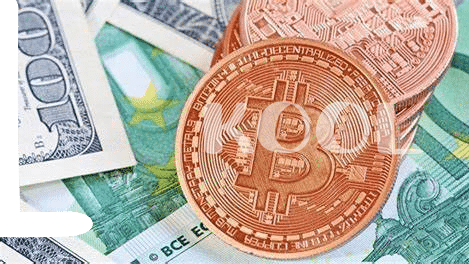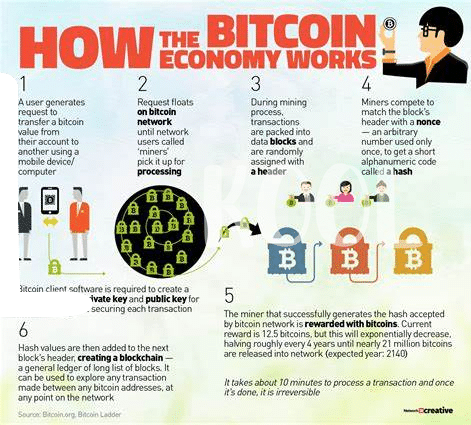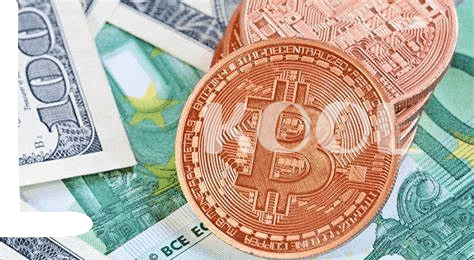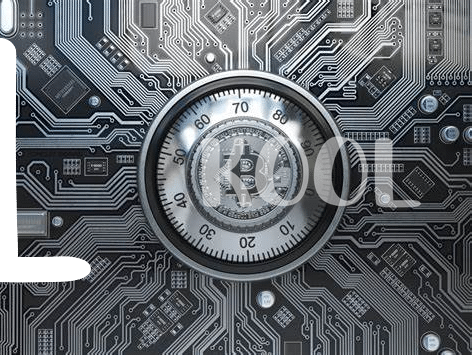🌍 How Blockchain Is Shaping Global Economies

Imagine a world where every transaction, big or small, is recorded in a way that’s transparent, reliable, and doesn’t need a middleman like a bank or government to say it’s okay. That’s becoming a reality thanks to blockchain technology, a kind of digital ledger that’s taking the way we think about money and shaking it up, big time. Countries around the globe are catching on, using blockchain to make their economies smarter, faster, and more trustful. It’s like upgrading from a dusty old file cabinet to a super-secure, always-updated digital record-keeping system that everyone can check but no single person controls. This transformation is not just about money; it’s about how goods move, how contracts are signed (or not signed), and how we can all trust each other a little more in the process. Here’s a quick look at how blockchain is making waves:
| Country | Impact of Blockchain |
|---|---|
| 🇪🇪 Estonia | Digital identity verification for citizens |
| 🇨🇳 China | Massive investment in blockchain for public and private sectors |
| 🇦🇺 Australia | Fast-tracking blockchain for government and finance |
In these examples, blockchain is laying the groundwork for a future where economic policies are seamlessly integrated into the digital world, promising a smoother, more inclusive way of doing things. It’s not just a buzzword; it’s a revolution in the making.
💡 Simplifying Complex Ideas: Blockchain in Everyday Terms
Imagine a big digital ledger where everyone can see and record transactions, but no one can cheat. That’s the essence of blockchain. It’s like having an enormous, shared notebook that everyone can write in but can’t erase or change what’s been written. This makes it super trusty for handling our online exchanges, kind of like how we trust a friend to keep a promise.
Now, think of this as a way of sharing and keeping information without needing someone in the middle to oversee it. It’s a bit like handing a note directly to a friend rather than passing it through the class, where it might get changed or lost. This direct sharing is what we call decentralization, and it’s why blockchain is exciting for so many different uses, from money, known as cryptocurrency, to storing any kind of data. If you’re curious about how all this plays into the grand scheme of digital currencies and their dance with the economy, peek at https://wikicrypto.news/cracking-bitcoins-price-code-technical-analysis-simplified. This journey into blockchain isn’t just about safeguarding money; it’s about reshaping how we think about and interact with the digital world around us.
🛠️ Decentralization: the Heartbeat of Blockchain Technology

Imagine playing a game where everyone gets a say, and no single player calls all the shots. That’s a bit like how blockchain works in the world of technology. 🌐✨ At its core, it’s about spreading power far and wide, instead of keeping it holed up in one place. Think of blockchain as a digital ledger, but instead of being kept in a single, central location, copies are spread out over computers all around the world. 🌍💻 This means no single person or group can take control, making the system fairer for everyone. It’s like a communal notebook that we all can write in, but no one can erase or change what’s been written without everyone else noticing. This approach is shaking things up, from the way we think about money with digital currencies, to ensuring that when we vote, it really counts. It’s not just about keeping things safe and secure; it’s a whole new way of thinking about trust and cooperation. Decentralization is the heartbeat of blockchain, pushing us to imagine a world where we’re all in this together, creating a system that’s by the people, for the people. 🤝🚀
💰 Rethinking Money: Digital Currencies and Public Policy

Imagine a world where the money in your pocket exists in the digital realm, untouchable yet safer and more efficient than ever before. This vision is becoming a reality thanks to blockchain, a technology that’s changing how money and public policies intersect. With digital currencies, we’re not just talking about a new type of money, but an entirely new approach to financial policies. Governments around the world are exploring how these currencies can shape economies, distributing financial power more evenly among people and reducing the control held by traditional financial institutions.
This digital revolution promises to make transactions quicker, cheaper, and more transparent, which could significantly reduce fraud and corruption. It’s a shift that encourages a direct connection between governments and citizens, enabling more immediate responses to economic needs without the red tape. For a deeper dive into how all this works, including the juicy details about bitcoin and smart contracts explained, we see just how intricate and promising the future of finance is. From improved security to the creation of policies that genuinely reflect the current digital age, blockchain is not just redefining money; it’s reshaping our world’s economic foundations.
🔐 Unbreakable Chains: How Blockchain Enhances Security
Imagine sending a love letter where no one could sneak a peek unless they were the intended recipient or putting a digital lock on your personal information that only you have the key to. This is what blockchain technology does for our digital world, ensuring that when information is sent, it reaches its destination securely and untouched. Think of blockchain as a digital ledger, but instead of a book that could potentially be altered or lost, this ledger is invulnerable to tampering and is replicated across thousands of computers. This robust level of security makes tampering or hacking nigh on impossible, instilling a newfound trust in digital transactions.
The marvel of blockchain doesn’t stop with just making data secure; it revolutionizes how we perceive security in digital interactions. Before blockchain, digital dealings were like handing over a paper note through a series of intermediaries, any of whom could potentially peek or interfere. Now, imagine each piece of data is like a sealed, clear box moving along a conveyor belt, visible to everyone but only accessible to the recipient at the end. This transparency, combined with iron-clad security, empowers individuals and organizations alike, fostering a safer digital environment. Below is a simple breakdown of how blockchain compares to traditional systems:
| Aspect | Traditional Systems | Blockchain Technology |
|---|---|---|
| Data tampering | Higher risk | Nearly impossible |
| Transparency | Limited | High |
| Security | Dependent on intermediaries | Enhanced by decentralization |
| Cost | Often higher due to intermediaries | Lowered by cutting out the middleman |
By leveraging this advanced technology, we’re not just protecting our digital assets; we’re paving the way toward a future where every digital exchange is built on a foundation of trust and transparency.
🚀 the Future Is Now: Blockchain’s Transformative Potential

Imagine stepping into a world where every transaction, agreement, or vote happens instantly, transparently, and without the need for a middle man. That’s the reality blockchain technology is ushering us into right this moment. By storing information across a network of computers, blockchain ensures that data isn’t just safe, it’s virtually unchangeable and fully accessible, providing a level of trust and efficiency previously unimaginable. This isn’t just about buying and selling with digital currencies; it’s a foundation for entirely new ways to interact with the digital and physical world, from tracking the journey of eco-friendly produce to ensuring that the artists we love are fairly compensated for their work. As this technology unfolds, the possibilities for its application seem limitless, fundamentally altering how we conduct global trade, secure our online identities, or even vote in democratic elections. It’s a transformation that’s happening now, promising a future where technology reinforces trust and inclusion. For a deeper dive into how blockchain is not just a digital ledger but a tool for understanding and securing digital transactions, bitcoin lightning network security concerns provides essential insights into the mechanisms that are shaping the future of economic policies and personal transactions.
